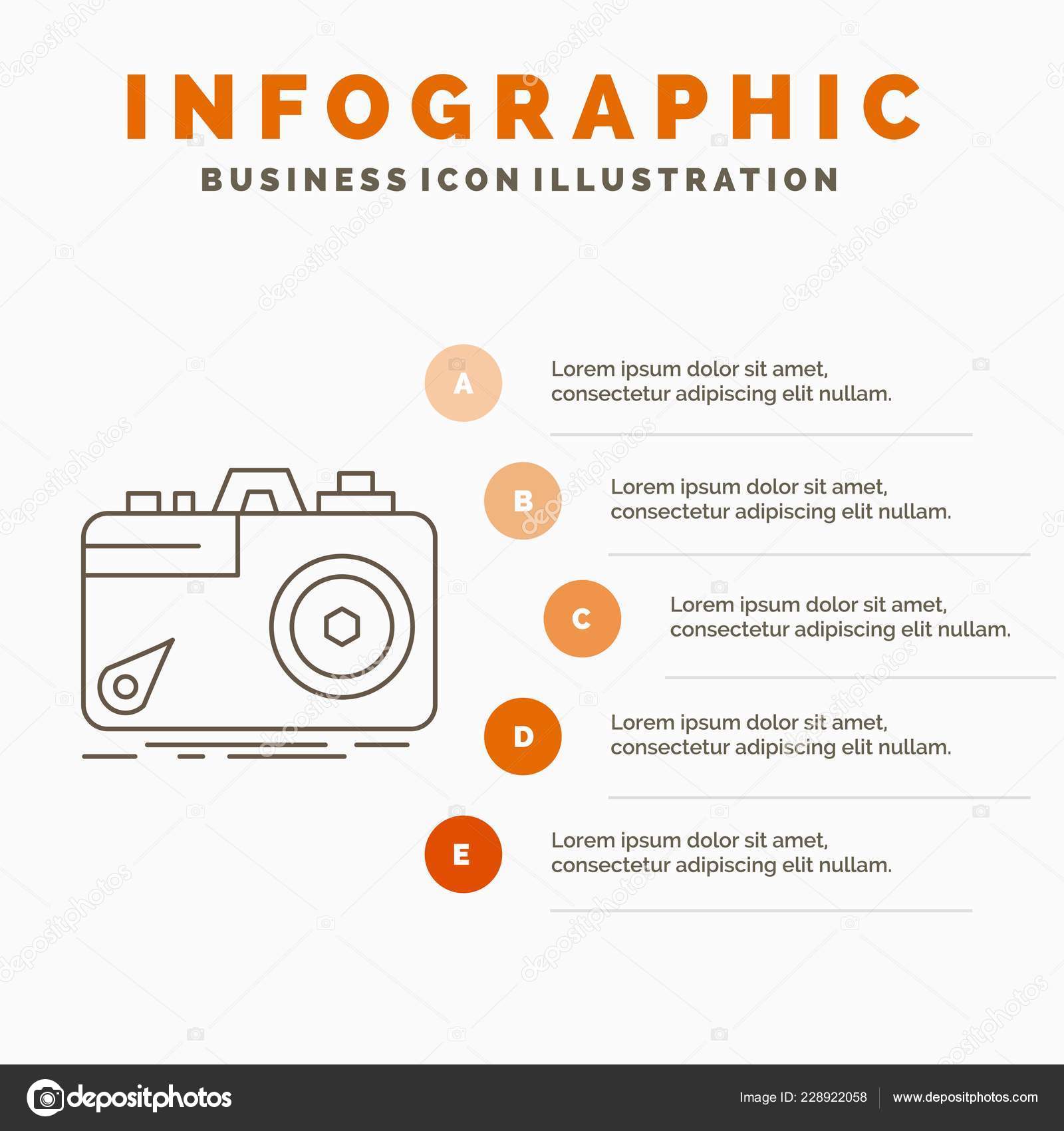Photography Tips For Beginners: Mastering Your Video Camera In No Time At All
Photography Tips For Beginners: Mastering Your Video Camera In No Time At All
Blog Article
Web Content Develop By-Whitley Ploug
When you first get your camera, it can really feel overwhelming with all the settings and alternatives available. click here to investigate could find yourself asking yourself just how to browse aperture, shutter speed, and ISO efficiently. Understanding these basics is critical, yet there's even more to photography than simply technical knowledge. Recognizing composition methods and lighting problems can elevate your images considerably. So, suppose you could find out straightforward methods to enhance your abilities and start catching excellent photos quicker than you assume? Let's check out exactly how to change your digital photography trip.
Comprehending Video Camera Settings
Comprehending your electronic camera setups is vital for catching stunning pictures. When you pick up your video camera, familiarize yourself with the 3 main settings: aperture, shutter rate, and ISO. Each plays an important role in just how your images end up.
Beginning with aperture, which manages the amount of light going into the lens. A broader aperture (reduced f-number) allows extra light and creates a lovely history blur, perfect for pictures. Alternatively, a narrower aperture (greater f-number) maintains more of the scene in focus, suitable for landscapes.
Next off, concentrate on shutter speed. This setup figures out the length of time your camera's sensing unit is exposed to light. A rapid shutter rate ices up movement, which is terrific for activity shots, while a slow-moving shutter speed can produce stunning impacts like smooth water in landscapes.
Last but not least, change your ISO. professional profile photographer influences your electronic camera's sensitivity to light. A greater ISO works in low-light scenarios yet can introduce sound or grain. Aim for the lowest ISO feasible while still achieving appropriate direct exposure.
Make-up Strategies
When you're out shooting, composition can make all the distinction in exactly how your images resonate with viewers. Begin by utilizing the regulation of thirds; imagine your structure separated right into nine equal sections with two horizontal and two upright lines. Placement key elements along these lines or at their junctions to create balance and passion.
Next off, take into consideration leading lines. These natural lines in your scene, like roads or rivers, attract the audience's eye right into the photograph, guiding them via the tale you're informing.
Do not forget framing; use components within your scene, like trees or windows, to produce a structure around your subject, including deepness and emphasis.
Also, keep an eye on your background. A chaotic history can sidetrack from your major topic, while a basic one helps it stick out.
Last but not least, experiment with symmetry and patterns; they can create a striking image that catches focus.
Mastering Lighting Conditions
Mastering lights conditions is important for capturing magnificent photographs, as the best light can transform an average scene into something extraordinary.
Begin by observing all-natural light at various times of the day. Early mornings and late afternoons provide the best light, referred to as the gold hour. Headshots for business , cozy tones during these times can improve your photos beautifully.
Do not shy away from overcast days either; diffused light can lessen rough darkness and create a pleasing result, specifically for portraits.
Experiment with backlighting by positioning your topic against the light. This strategy can create a wonderful halo effect and include deepness to your images.
Take note of your electronic camera setups too. Readjust the ISO, aperture, and shutter rate to match the lighting conditions. A higher ISO can assist in reduced light, however beware of grain.
Make use of a tripod in darker atmospheres to avoid blur.
Last but not least, do not neglect man-made lights. Flash and continuous lights can be wonderful tools for regulating light in difficult problems.
Verdict
To conclude, understanding your electronic camera doesn't need to be overwhelming. By understanding your settings, using composition methods, and using the power of natural light, you'll swiftly elevate your photography abilities. Bear in mind, practice makes ideal, so venture out there and explore your newfound understanding. With time and commitment, you'll be catching magnificent pictures that reflect your unique point of view. Take https://squareblogs.net/treva99harley/vital-digital-photography-gear-what-you-really-need-to-get-started in the journey, and do not forget to have fun while you're at it!
